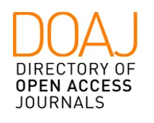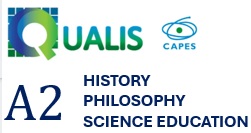L’État, C’est Moi?
Towards an Archaeology of Sovereignty in the Western Episteme(s)
DOI:
https://doi.org/10.24117/2526-2270.2022.i12.04Keywords:
Political Thought, History of Science, Knowledge Production, Theory and History of Sovereignty, General Theory of LawAbstract
Across the humanities and the social sciences, Foucault’s work has often taken wildly divergent routes. As an unexpected corollary, some of his interventions have been compartmentalized into different fields — with few attempts to read his different contributions across disciplinary boundaries. Conversely, in this article, I place Foucault’s early works on the history of Western systems of thought (and, in particular, The Order of Things) with some of his later interventions on sovereignty and punishment (and, in particular, Security, Territory, Population and Discipline & Punish). I draw from his early archeological explorations of the Western episteme(s), which have not been comprehensively explored by legal scholars, to reread his later works as an archeological exploration of the production of knowledge relative to sovereignty. This allows placing Foucault’s early epistemological and methodological concerns at the forefront of his later work on the “withering away” of public law in the Western imagination.
Downloads
Published
Issue
Section
License
Copyright (c) 2022 Daniel R. Quiroga-Villamarín

This work is licensed under a Creative Commons Attribution 4.0 International License.












